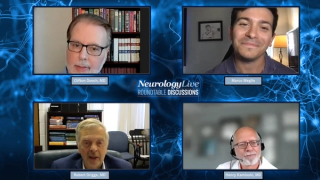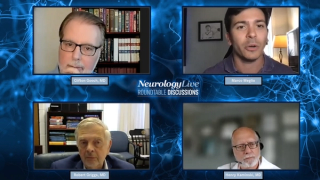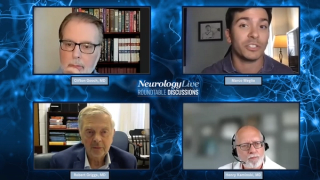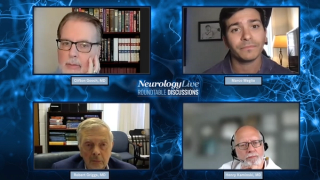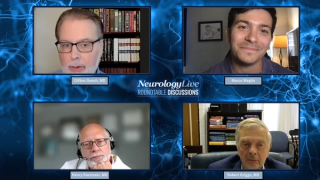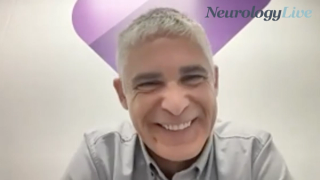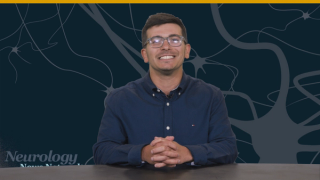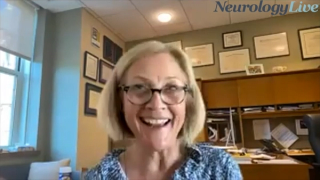
Dementia and Alzheimer Disease
Latest News
Latest Videos

CME Content
More News
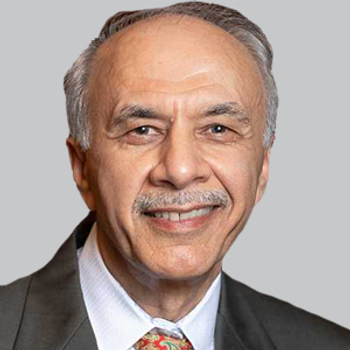
Treated patients with hereditary ATTR-mediated amyloid polyneuropathy in the NEURO-TTRansform trial showed significantly lowered serum transthyretin concentrations, less neuropathy impairments, and better quality of life.

Here's some of what is coming soon to NeurologyLive® this week.

Test your neurology knowledge with NeurologyLive®'s weekly quiz series, featuring questions on a variety of clinical and historical neurology topics. This week's topic is the history of the American Epilepsy Society.
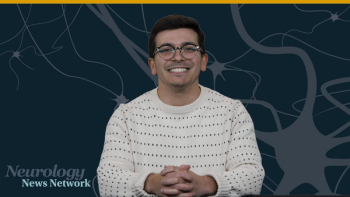
Neurology News Network for the week ending December 1, 2023. [WATCH TIME: 4 minutes]

Take 5 minutes to catch up on NeurologyLive®'s highlights from the week ending December 1, 2023.
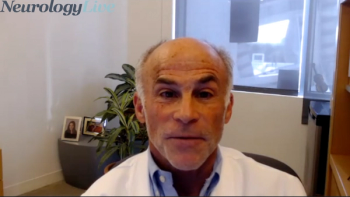
The neurologist at Cleveland Clinic provided perspective on the reasons to study individuals exposed to repetitive head impacts and the lessons learned about monitoring glial fibrillary acidic protein over time. [WATCH TIME: 4 minutes]

ACP-204, an inverse agonist at the 5-HT2A receptor, builds upon the learnings of pimavanserin (Nuplazid) in the treatment of neuropsychiatric symptoms.

Heather Synder, PhD, vice president of medical and scientific relations at the Alzheimer’s Association, gave thoughts on the recently concluded CTAD conference and how the organization plans to carry the positive momentum in the field.

Alvaro Pascual-Leone, MD, PhD, director of the Berenson-Allen Center for Noninvasive Brain Stimulation at Beth Israel Deaconess Medical Center, provided commentary on the ways Alzheimer disease treatment has changed and how clinicians will need to adapt in the coming years.

Here's some of what is coming soon to NeurologyLive® this week.

Test your neurology knowledge with NeurologyLive®'s weekly quiz series, featuring questions on a variety of clinical and historical neurology topics. This week's topic is general neurology.

Take 5 minutes to catch up on NeurologyLive®'s highlights from the week ending November 24, 2023.
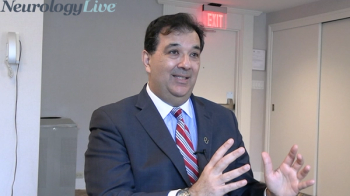
The director of the Banner Sun Health Research Institute provided commentary on his presentation at CTAD 2023 examining the value of donanemab and its effect on specific Alzheimer-related assessments. [WATCH TIME: 10 minutes]
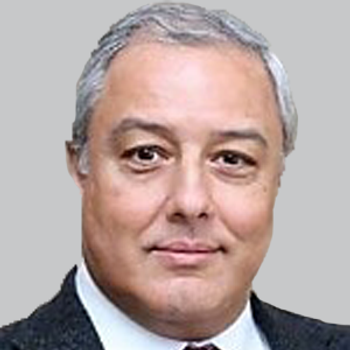
Pixyl.Neuro, a CE-marked medical device, is designed to be integrated into the radiology workflow, providing clinicians with diagnostic support of neuroinflammatory and neurodegenerative disorders.

Here's some of what is coming soon to NeurologyLive® this week.

Take 5 minutes to catch up on NeurologyLive®'s highlights from the week ending November 17, 2023.

Mind Moments®, a podcast from NeurologyLive®, brings you an exclusive interview with Brent Vaughan. [LISTEN TIME: 22 minutes]
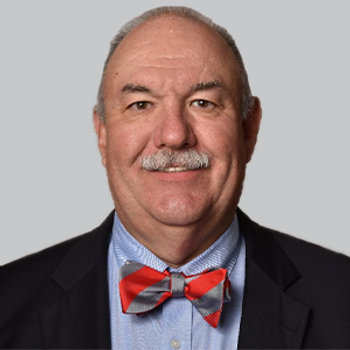
In honor of National Alzheimer’s Awareness Month, held November 2023, Michael K. Racke, MD, medical director of neurology at Quest Diagnostics, delved into some commonly-believed myths about Alzheimer disease and provided his insight on the scientific explanations for these assumptions.

The research neuroscientist at the University of California Berkeley provided insight on findings from the US POINTER study and why previous thoughts on the link between relevant biomarkers and cognition may be slightly incorrect.

Neurofilament light, a marker of neuroaxonal damage, is correlated with increased levels of disease progression and clinical relapses.
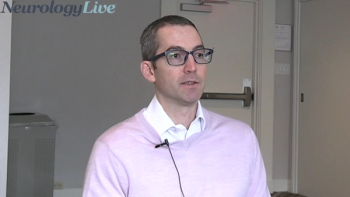
The associate director of the Alzheimer’s Disease Research Unit at the Yale School of Medicine discussed the mechanism of action of ALX-001, a highly selective agent in development for neurodegenerative diseases. [WATCH TIME: 5 minutes]
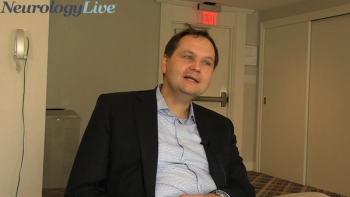
The professor of neurology, psychiatry, and pharmacology at the NYU Grossman School of Medicine commented on the differences in mechanisms and clinical trial data between lecanemab and donanemab. [WATCH TIME: 5 minutes]

Here's some of what is coming soon to NeurologyLive® this week.

Kevin Church, PhD, chief scientific officer at Athira Pharma, discussed preclinical findings of fosgonimeton where the therapy exhibited procognitive effects among mice models in Alzheimer disease, as presented at CTAD 2023.

Test your neurology knowledge with NeurologyLive®'s weekly quiz series, featuring questions on a variety of clinical and historical neurology topics. This week's topic is Parkinson disease.






